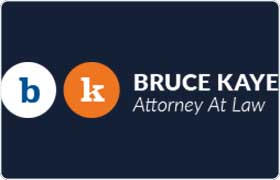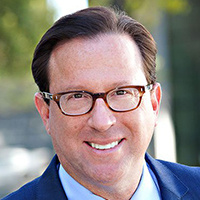Crandall Criminal Lawyer, Texas, page 2
Sponsored Law Firm
-
 x
x

Click For More Info:
-
Law Offices Of Bruce C. Kaye
400 N. St. Paul St.1110 Dallas, TX 75201» view mapCriminal Defense Law Changing Lives, One Case At A Time
The best thing about running my own practice is the opportunity to give my clients the individual attention they deserve.
800-920-9461
Casey Lee Blair
Personal Injury, Criminal, Family Law, Wills & Probate, Litigation
Status: In Good Standing *Status is reviewed annually. For latest information visit here Licensed: 19 Years
Gabriella K. Bendslev
Criminal, Family Law, Estate, Wills
Status: In Good Standing *Status is reviewed annually. For latest information visit here Licensed: 32 Years
Taryn Charay Davis
Criminal
Status: In Good Standing *Status is reviewed annually. For latest information visit here Licensed: 30 Years
Lauren Amanda Cook
Juvenile Law, Other, Criminal
Status: In Good Standing *Status is reviewed annually. For latest information visit here Licensed: 18 Years
Lisa Gay Gent
Criminal, Family Law, Wills, Juvenile Law
Status: In Good Standing *Status is reviewed annually. For latest information visit here Licensed: 37 Years
Mark E. Hasse
Criminal
Houston Madison Smith
Personal Injury, Insurance, Civil Rights, Criminal, Family Law
Status: In Good Standing *Status is reviewed annually. For latest information visit here Licensed: 36 Years
Andrew Hunter Jordan
Criminal
Status: In Good Standing *Status is reviewed annually. For latest information visit here Licensed: 23 Years
Terrence William Manigault
Criminal, Corporate, Contract, Federal Appellate Practice
Status: In Good Standing *Status is reviewed annually. For latest information visit here
Deborah Annette Beesley
Criminal, Juvenile Law, DUI-DWI, Juvenile Law
Status: In Good Standing *Status is reviewed annually. For latest information visit here Licensed: 40 Years
 Bruce Kaye Dallas, TX
Bruce Kaye Dallas, TX